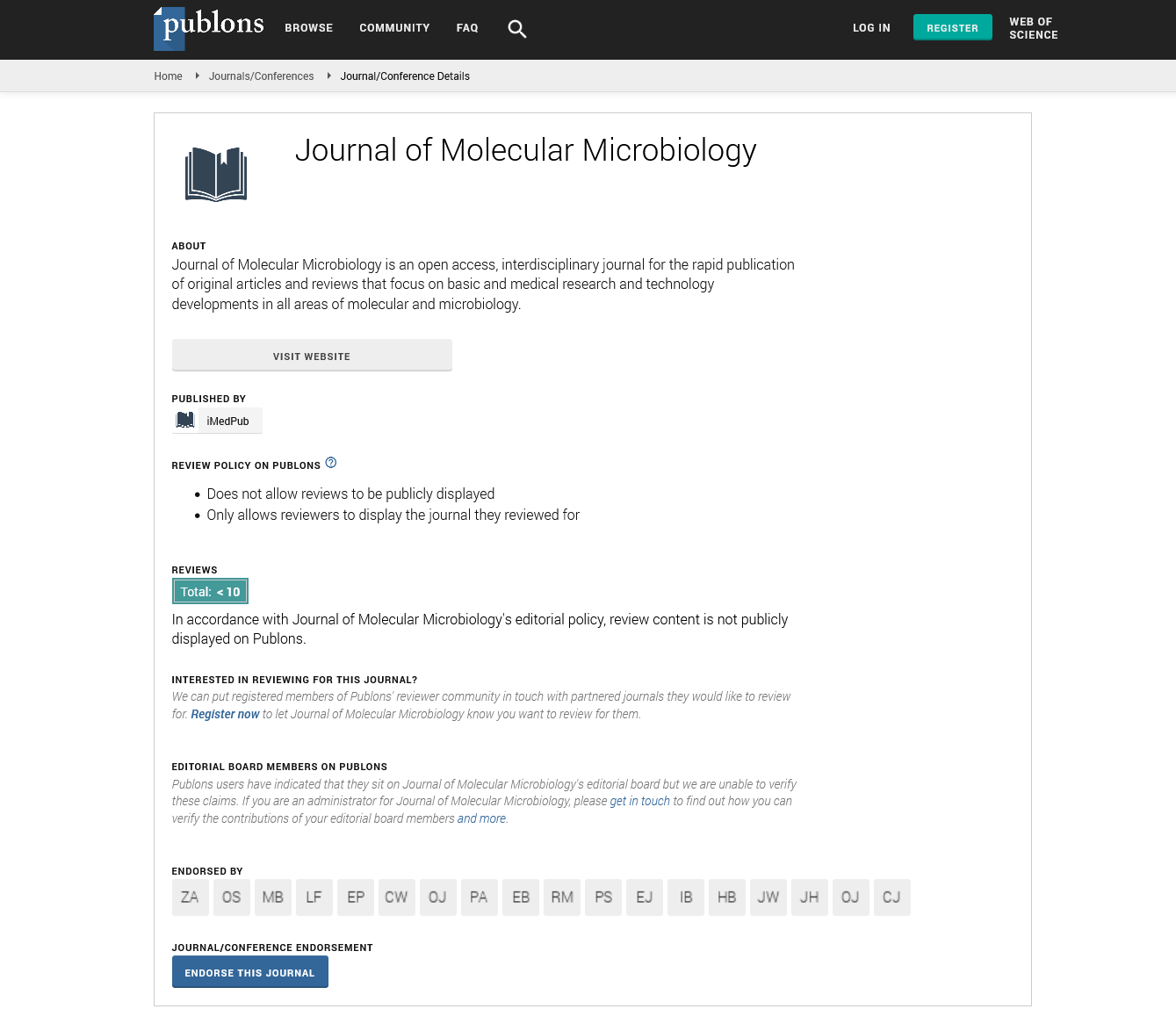Abstract
POTENTIAL USE OF DIFFERENT FORMS OF COLLAGEN FOR REGENERATIVE THERAPEUTICS
Understanding of collagen as environmental factor for cell fate is essential for construction of therapeutic strategy in regenerative medicine. Yet it is generally difficult to point out what is a direct signal to the cells that are in contact with collagen. The present study reports an interpretation for characteristic effects of collagen on the cells based on the findings of cell behavior in vitro with collagen in three different forms as to conformation; molecular, aggregates and unfolded. Differentiation of 3T3-L1 cells into myofibroblasts, is promoted with all the three forms of collagen, even though earlier signaling mechanisms are different or even opposite. However, migration or proliferation of 3T3-L1 cells is enhanced or repressed depending on the collagen forms; enhanced migration on molecular collagen, but repressed migration on fibrillar collagen. Cell migration is evaluated by cell appearance in the sites where cells did not exist. The total number of the cells do not change during the migration, suggesting that increased cells are not due to cell proliferation. Furthermore, the post-confluent cells that have been continued in cell culture after confluence on the dish coated with molecular collagen, showing no cell proliferative markers, have acquired higher migration activity. The post-confluent 3T3-L1 cells are found to have enhanced nuclear YAP expression that leads to elongated primary cilia, since inhibition of YAP does not cause primary cilia elongation. The finding that cell migration activity depends on primary cilia is confirmed by the experiment in which inhibition of primary cilia elongation by siRNA to the component(s) of primary cilia lowered cell migration activity. Migration enhancement is to our knowledge a novel function of primary cilia. In the case of PMA-treated U937 cells, which are often used as human macrophage-like cells, both molecular collagen and gelatin promote cell aggregation, whereas induction of autophagy is repressed and enhanced on molecular collagen and gelatin, respectively. Enhanced autophagy is correlated with phagocytosis activity, one of the most important functions of macrophage, suggesting forms of collagen, but not the gene product is important for macrophage activity. We have noticed that differential events including FAK, ROS production, levels of ROS scavengers, YAP nuclear translocation, and activation of NF-kappaB are observed prior to the total manifestations of cell behaviors such as differentiation, migration, proliferation etc. for the cells cultured on the different forms of collagen. Thus expression levels of collagen gene polypeptides alone do not provide us with the information of biological functions of collagen. Biological activity as well as structural and mechanical function of collagen is conformation-dependent. Different forms of collagen could be useful in planning effective strategy with potential therapeutics of regenerative medicine.
Author(s): Toshihiko Hayashi
Abstract | PDF
Share This Article
Google Scholar citation report
Citations : 86
Journal of Molecular Microbiology received 86 citations as per Google Scholar report
Journal of Molecular Microbiology peer review process verified at publons
Abstracted/Indexed in
- Google Scholar
- Publons
Open Access Journals
- Aquaculture & Veterinary Science
- Chemistry & Chemical Sciences
- Clinical Sciences
- Engineering
- General Science
- Genetics & Molecular Biology
- Health Care & Nursing
- Immunology & Microbiology
- Materials Science
- Mathematics & Physics
- Medical Sciences
- Neurology & Psychiatry
- Oncology & Cancer Science
- Pharmaceutical Sciences
